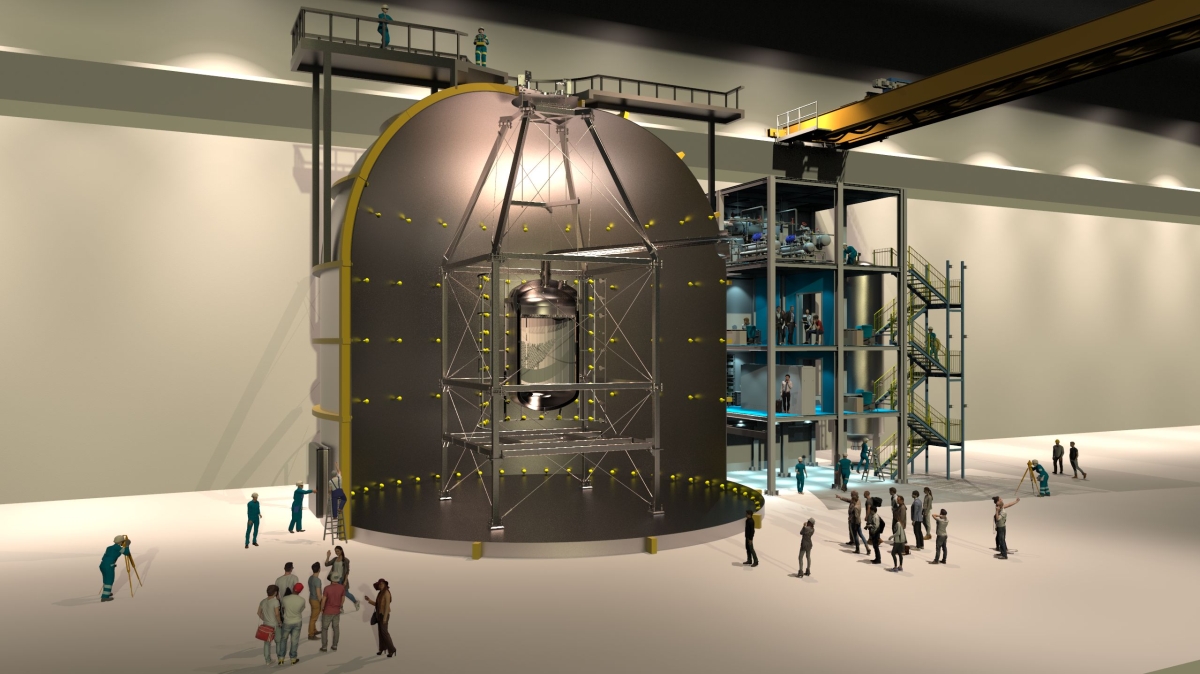Dark Matter: French-German Laboratory established
Dark matter is one of the great enigmas of physics. In order to explore its nature, the French research organization CNRS together with Karlsruher Institut für Technologie (KIT), Deutsches Elektronen-Synchrotron (DESY) and Helmholtz-Zentrum für Schwerionenforschung (GSI) have joined their forces to create the Dark Matter Lab (DMLab).
In galaxies and galactic clusters, visible matter alone cannot account for the total mass required to explain astronomical observations. This points to the presence of “dark” matter, which is invisible and interacts very weakly with ordinary matter. Even though it represents 26% of the Universe’s total energy, dark matter is still hypothetical today, and its nature remains unknown.
The scientific topics explored by DMLab include the direct search for dark matter, the study of gravitational waves and astrophysical messenger particles, the development of new techniques for particle acceleration and detection, theoretical physics, and the management and processing of the data generated by the experiments.
jho, June 13, 2023

